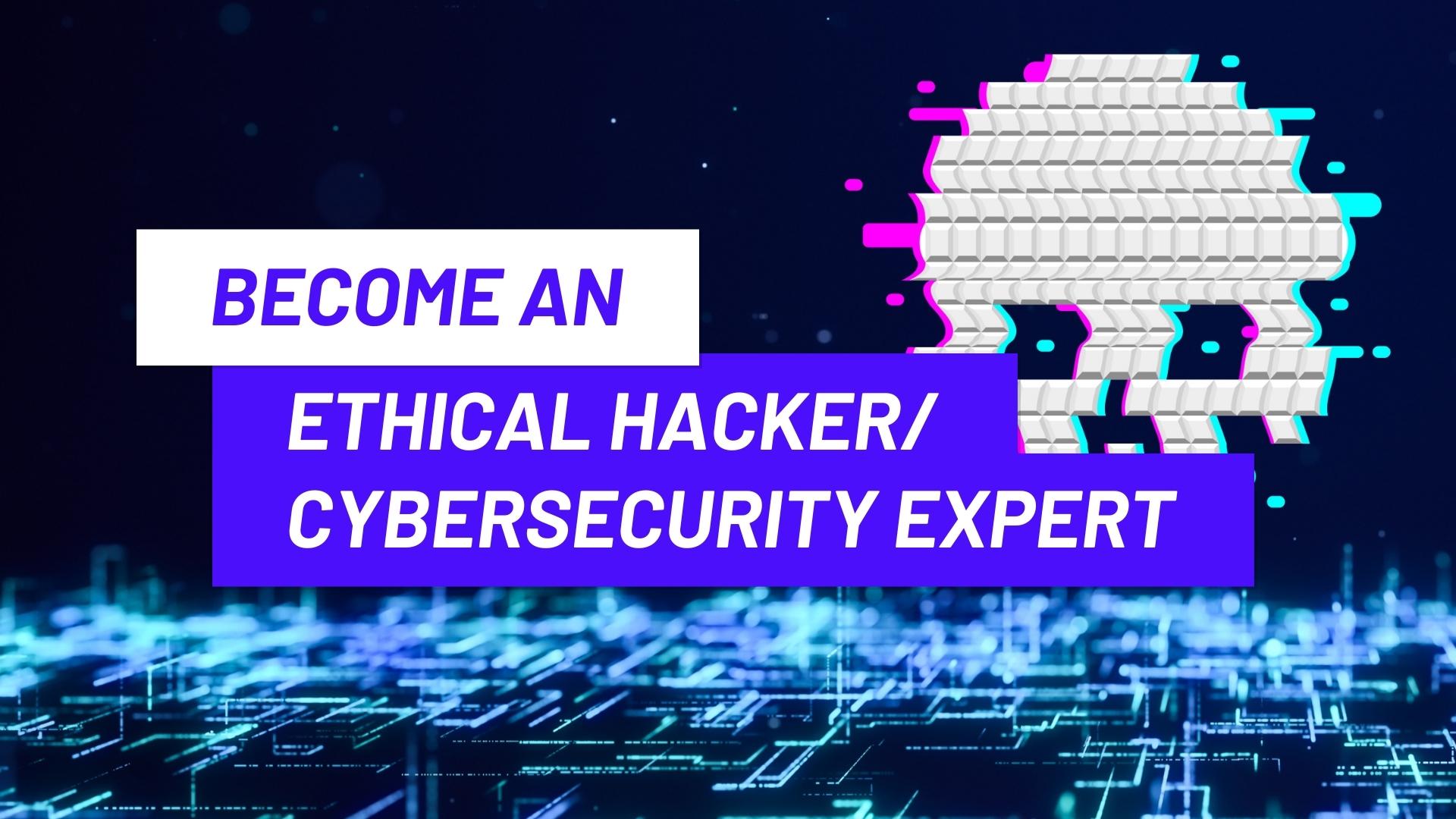ADVANCE DIPLOMA IN CYBER SECURTY AND ETHICAL HACKING
in Regular ITAbout this course
Advanced Diploma in Cyber Security and Ethical Hacking - 3 Month Course Curriculum
Overview:
The Advanced Diploma in Cyber Security and Ethical Hacking is a comprehensive 3-month program designed to equip students with the knowledge and practical skills needed to protect digital systems and networks from cyber threats. This course focuses on both defensive and offensive strategies, preparing students for roles in cybersecurity and ethical hacking.
Course Curriculum:
Module 1: Introduction to Cyber Security
- Understanding the importance of cybersecurity in the digital age
- Overview of common cyber threats and attack vectors
- Introduction to legal and ethical considerations in cybersecurity
Module 2: Networking Fundamentals
- Basics of computer networks and protocols
- Understanding IP addressing, subnetting, and routing
- Network security concepts and best practices
Module 3: Operating System Security
- Securing different operating systems (Windows, Linux, macOS)
- User account management, permissions, and access controls
- Hardening operating systems against vulnerabilities
Module 4: Web Application Security
- Identifying common web application vulnerabilities (SQL injection, XSS, CSRF)
- Implementing secure coding practices
- Web application penetration testing techniques
Module 5: Ethical Hacking Principles
- Understanding ethical hacking and its role in cybersecurity
- Reconnaissance and information gathering techniques
- Using open-source intelligence (OSINT) for analysis
Module 6: Network Security and Penetration Testing
- Conducting network vulnerability assessments and penetration tests
- Identifying weaknesses in network infrastructure
- Applying countermeasures to secure networks
Module 7: Wireless Network Security
- Securing wireless networks against unauthorized access
- Cracking WEP, WPA, and WPA2 encryption
- Best practices for wireless network defense
Module 8: Cryptography and Data Protection
- Fundamentals of cryptography and encryption algorithms
- Implementing secure communication and data storage
- Digital signatures and certificate management
Module 9: Incident Response and Digital Forensics
- Developing incident response plans and strategies
- Conducting digital forensic investigations
- Collecting and analyzing digital evidence
Module 10: Cybersecurity Tools and Technologies
- Introduction to cybersecurity tools (firewalls, IDS/IPS, SIEM)
- Using security tools for monitoring and defense
- Hands-on labs and simulations for practical experience
Module 11: Security Compliance and Regulations
- Understanding cybersecurity regulations and standards (e.g., GDPR, HIPAA)
- Compliance requirements for different industries
- Creating and maintaining a security compliance program
Module 12: Career Development and Professional Ethics
- Exploring career paths in cybersecurity and ethical hacking
- Building a professional online presence and networking
- Adhering to ethical and legal guidelines in cybersecurity practice
Student Benefits:
- Comprehensive Skill Set: Graduates will have a strong foundation in cybersecurity and ethical hacking, ready for roles in protecting digital systems.
- Real-World Knowledge: The curriculum aligns with industry standards, preparing students for the challenges of the cybersecurity field.
- Hands-on Practice: Practical labs and simulations provide real-world experience in dealing with cyber threats.
- Career Opportunities: Graduates can pursue roles such as cybersecurity analyst, ethical hacker, penetration tester, or security consultant.
- Fast-Track Learning: The intensive 3-month format ensures quick acquisition of critical skills.
- Support and Networking: Access to experienced instructors and peers creates a collaborative learning environment.
- Certification: Successful completion leads to an Advanced Diploma, validating their expertise.
- Portfolio Building: Graduates can showcase their skills through practical projects and simulations.
- Personal Growth: Learning cybersecurity and ethical hacking promotes personal growth and continuous learning.
Learning Outcomes:
By the end of the course, students will be able to:
- Identify and assess vulnerabilities in digital systems and networks.
- Implement effective defensive measures to protect against cyber threats.
- Conduct ethical hacking activities to identify security weaknesses.
- Analyze and respond to cybersecurity incidents and breaches.
- Apply cryptographic techniques to secure data and communications.
- Comply with ethical and legal guidelines in cybersecurity practice.
Comments (0)







